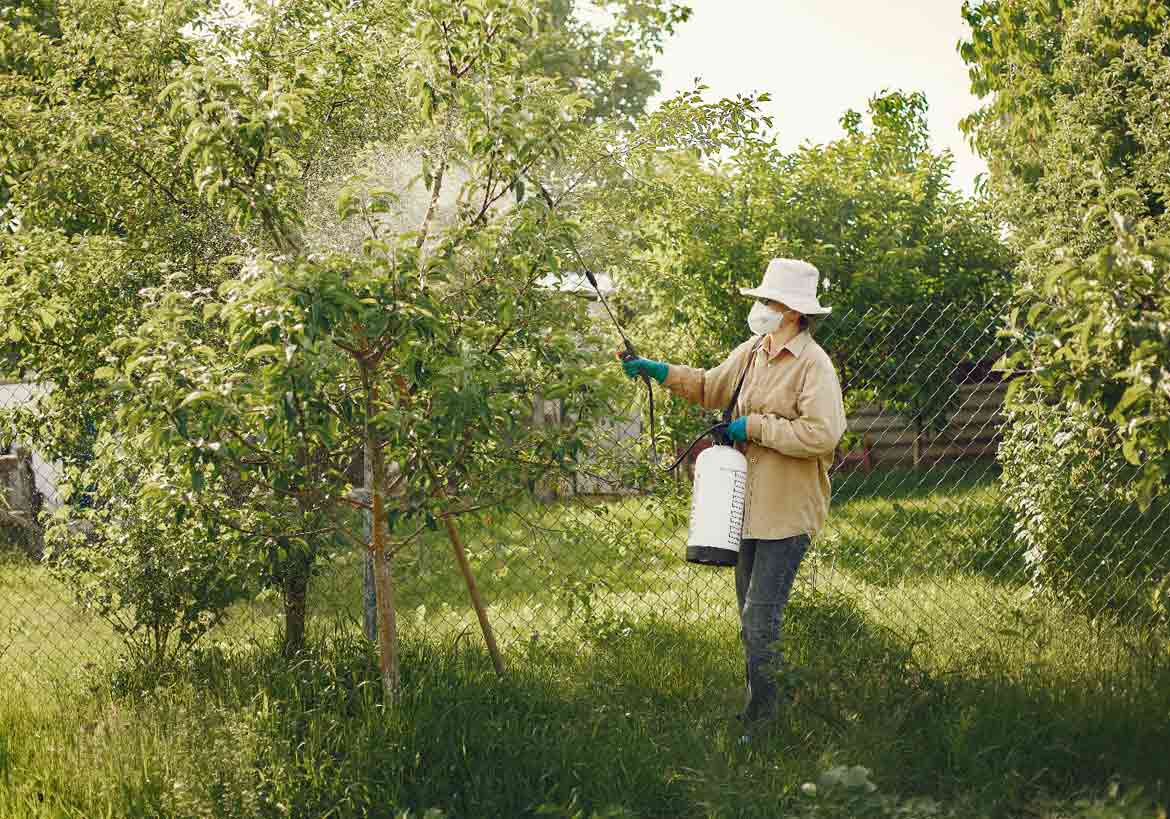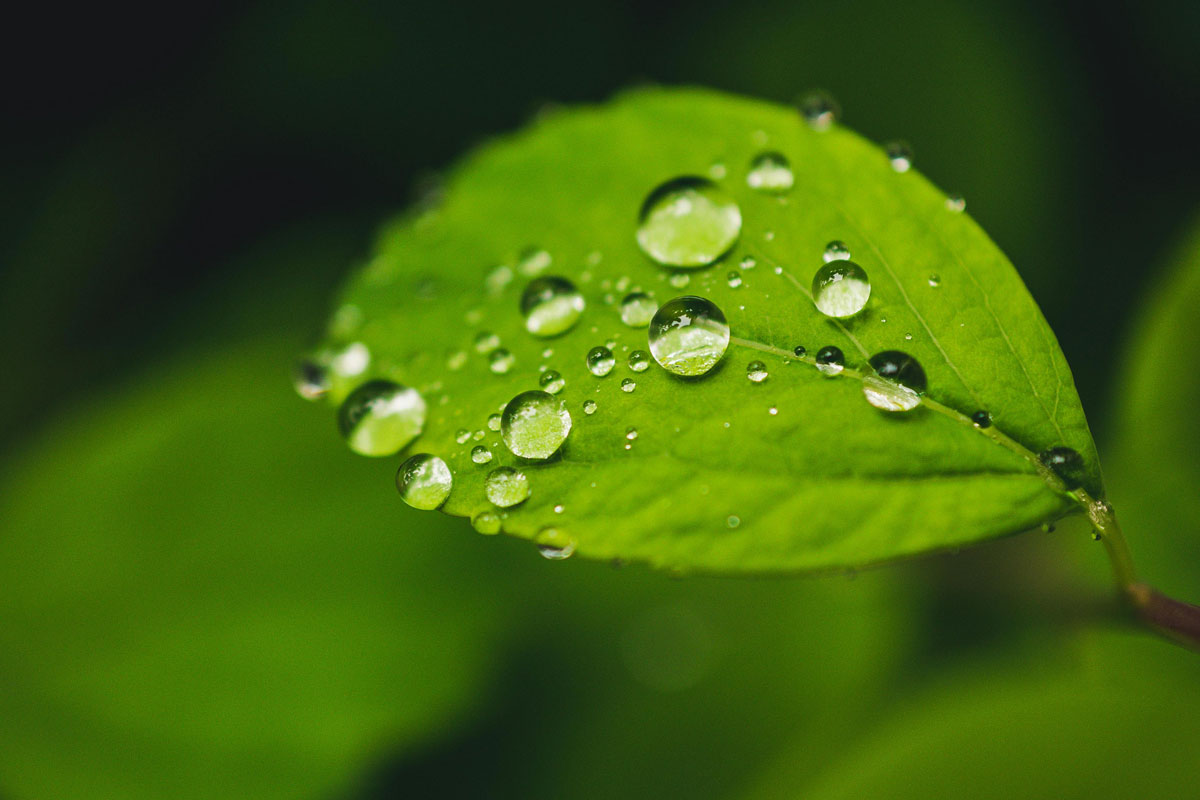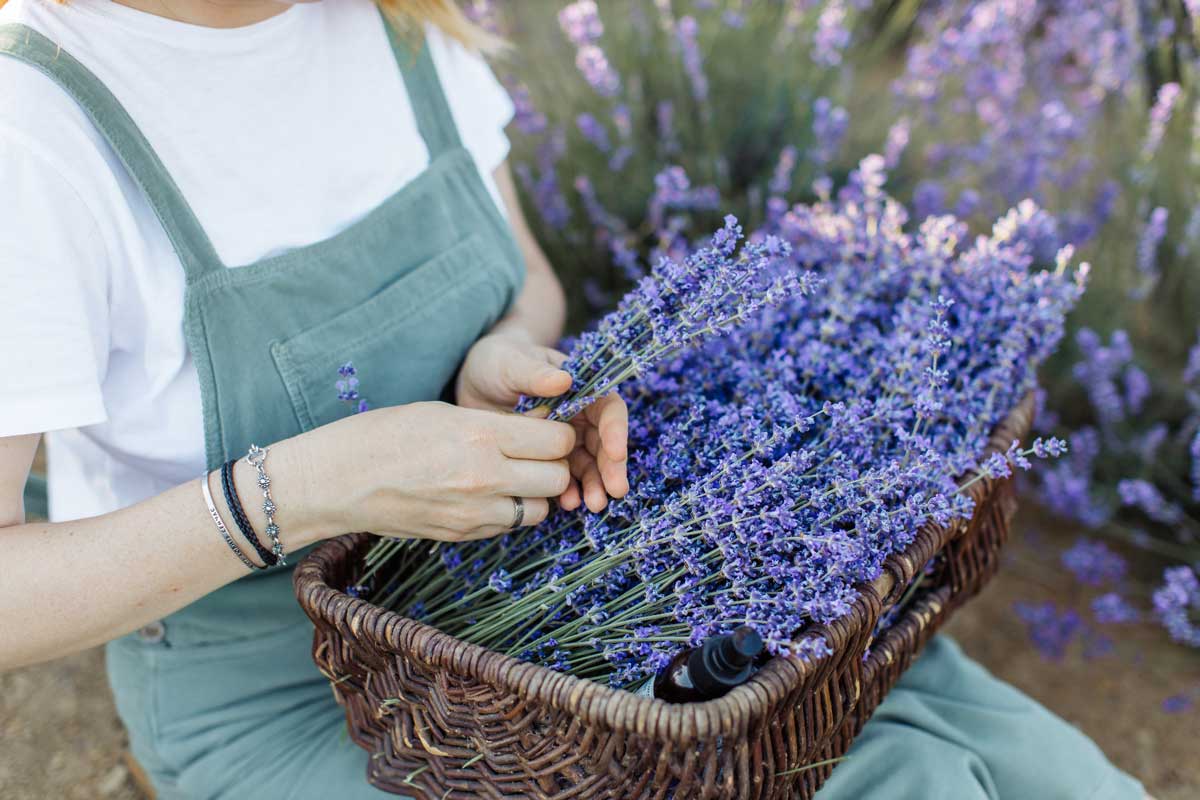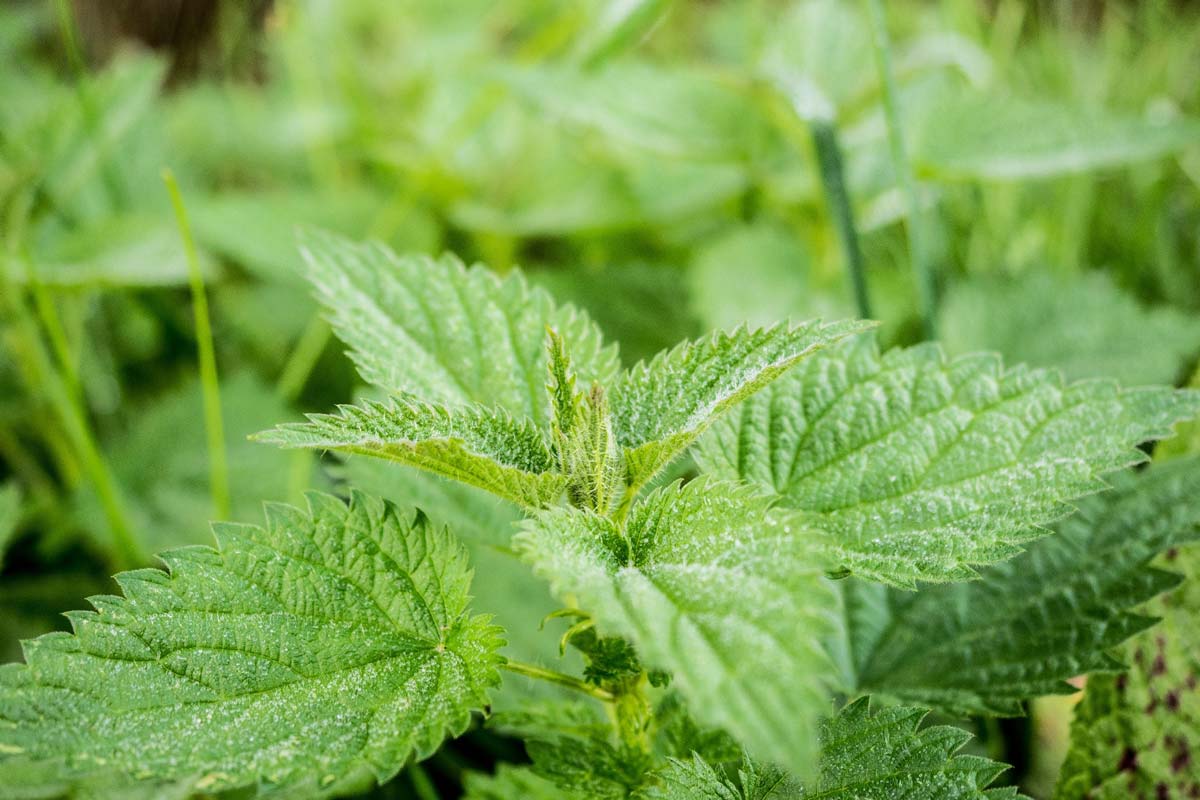Ten Natural Pesticides You Can Make Yourself
Do you ever wonder how farmers dealt with pests hundreds of years ago? Long before harmful chemical pesticides were invented (the ones linked to cancerous cellular processes), farmers and garden owners developed different methods to manage insect infestations on their garden plants.
First, I will explain what natural pesticides actually look like. The pesticides are usually made into dips, broths or teas, of course individual products can also be used this way, but this method is the most efficient.
The preparation of natural pesticides

Natural pesticides can be produced by four different methods of preparation: Fomentations, broths, extracts or teas. In all four types of preparation, plants are crushed and soaked in water for a longer period of time. The various methods differ in the duration of the soaking and the temperature of the water. With a slurry, for example, the plant material is placed in a sunny place for 2-3 weeks, together with water. As soon as the slurry no longer forms new bubbles, it is ready. Of course, you can also add stone flour to reduce the smell of the slurry.
10 known remedies that you can make into natural pesticides yourself
1. rhubarb

Rhubarb is very effective against aphids and blight, thanks to the oxalic acid it contains it can even etch through plastic. The best way to make an extract is to simply soak the plant material in cold water for 24 hours at a ratio of 1:1. With 1 liter of water this would be 100g rhubarb leaves or 15g dry herb.
2. onions
Onions are particularly good for plant fungal diseases, bacteria, aphids and spider mites. It can also help prevent fungi. All four types of preparation are very effective.
3. wormwood
Wormwood is known to be good against ants, aphids, column rust, codling moth and mites. In this case, especially decoctions and broths are effective.
4. citrus fruits
Due to the acid contained in citrus fruits, they are particularly good against molluscs, such as snails. Here I would recommend making a tea with orange or lemon peel, as the peel usually contains nutrients that can also help the plant. Of course you can also make a mix of several citrus fruits.
5. lavender

Having a lavender plant in the garden alone can help against pests, but an extract can be very helpful against aphids, ants and fungi. Lavender contains linalool, linalyl acetate and geranoil, which act as irritants on the sensory cells of pests and repel them.
6. garlic
Garlic is a super remedy against various pests such as aphids, spider mites and even rodents. Garlic contains a sulphur compound, which has a deterrent effect on insects. To make the natural pesticide, you can crush garlic cloves and soak them in water. After the mixture has soaked, you can spray it on your plants.
7. chilli
The pungency of chillies, caused by capsaicin, can keep pests away. The chilli pesticide can easily be made by soaking crushed chillies in water. You can adjust the spiciness by adding more or less chunks to the water.
8. tomato leaves
Tomato leaves contain alkaloids that can be effective against caterpillars, aphids and potato beetles. Simply soak the leaves in water, preferably with garlic and onions, and then spray on the plants.
9. neem oil
Neem oil is extracted from the seeds of the neem tree and is a popular remedy against a variety of pests. It acts as a repellent, interferes with the development of insect larvae and can affect the feeding behaviour of pests. A neem oil extract can be easily prepared by mixing neem oil with water and possibly a little soap to produce an emulsifying effect.
10. stinging nettle

Nettles can be used to make pesticides that can control a wide range of pests. An extract of nettles can help keep away aphids, caterpillars and various insects. The natural nutrients in nettles can also help improve the health of your plants.
Finally, it is important to stress that although the use of natural pesticides is more environmentally friendly, they should still be handled with care. These products can also harm beneficial insects if used improperly. Test the pesticides on a small sample of the plant first to ensure that no damage occurs. Also, be aware that natural pesticides may not work as intensely as synthetic chemicals and therefore may need to be applied regularly.
By using natural pesticides, you can not only maintain the health of your plants, but also protect the environment and contribute to sustainable agriculture. Experiment with different plants and preparation methods to find the ones that work best for your individual needs.
